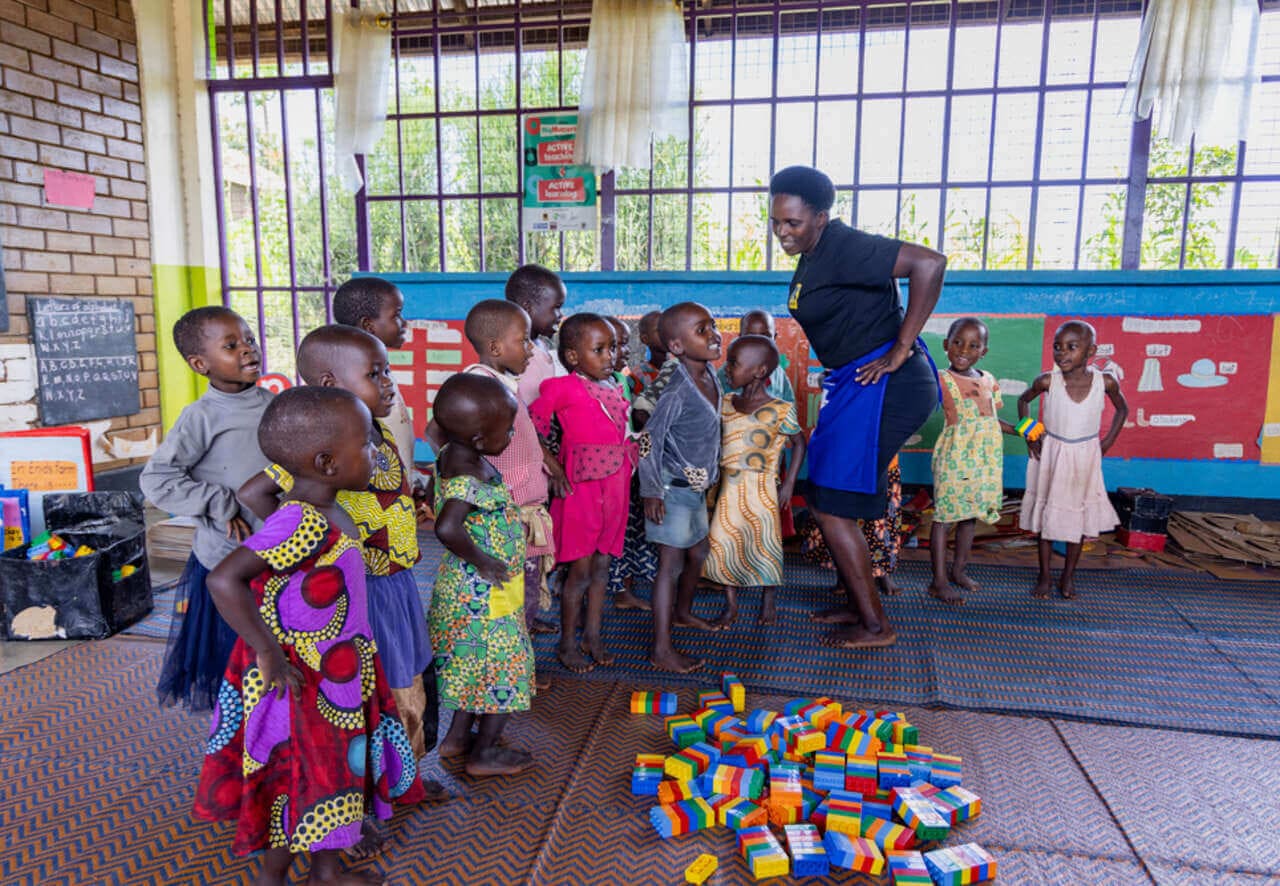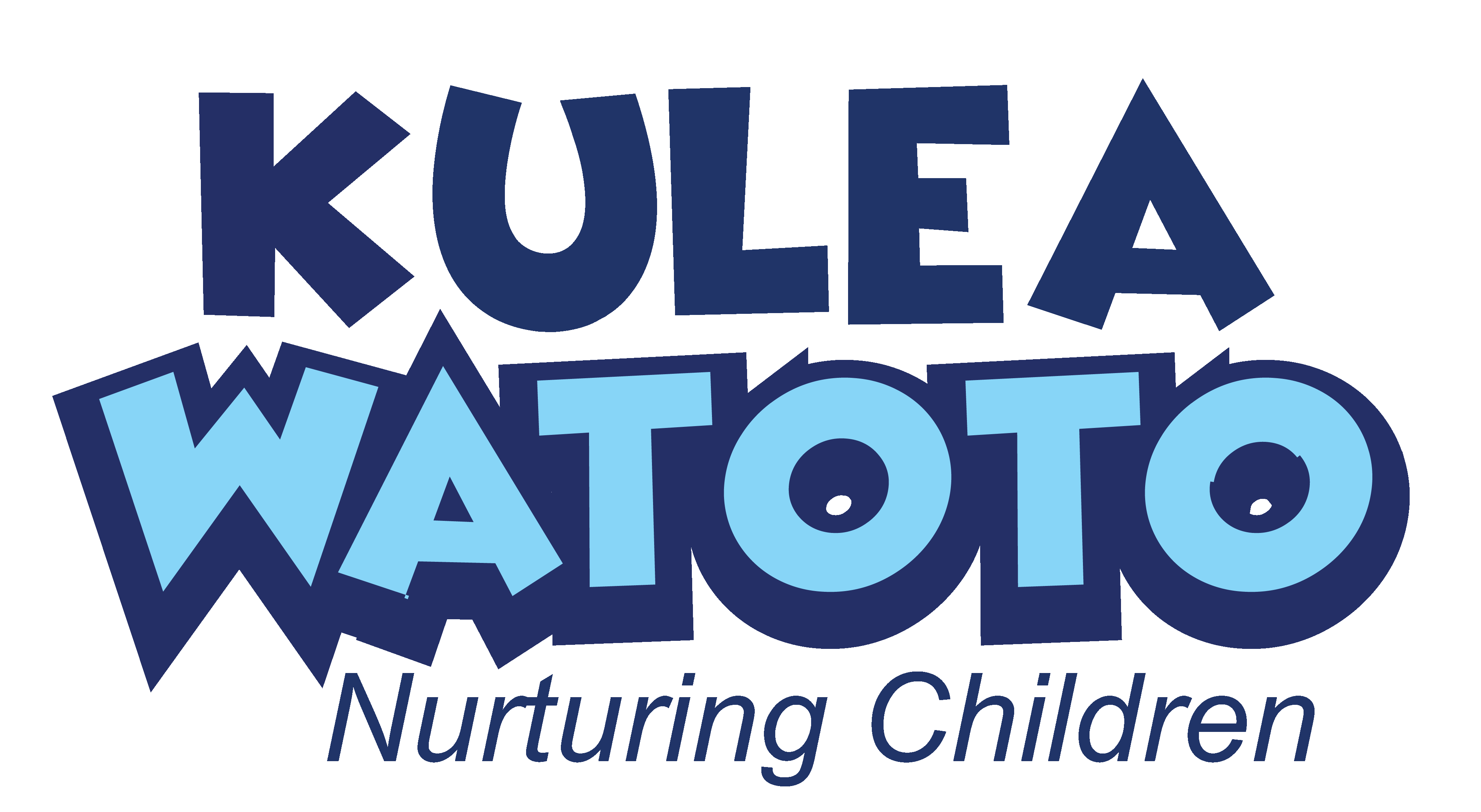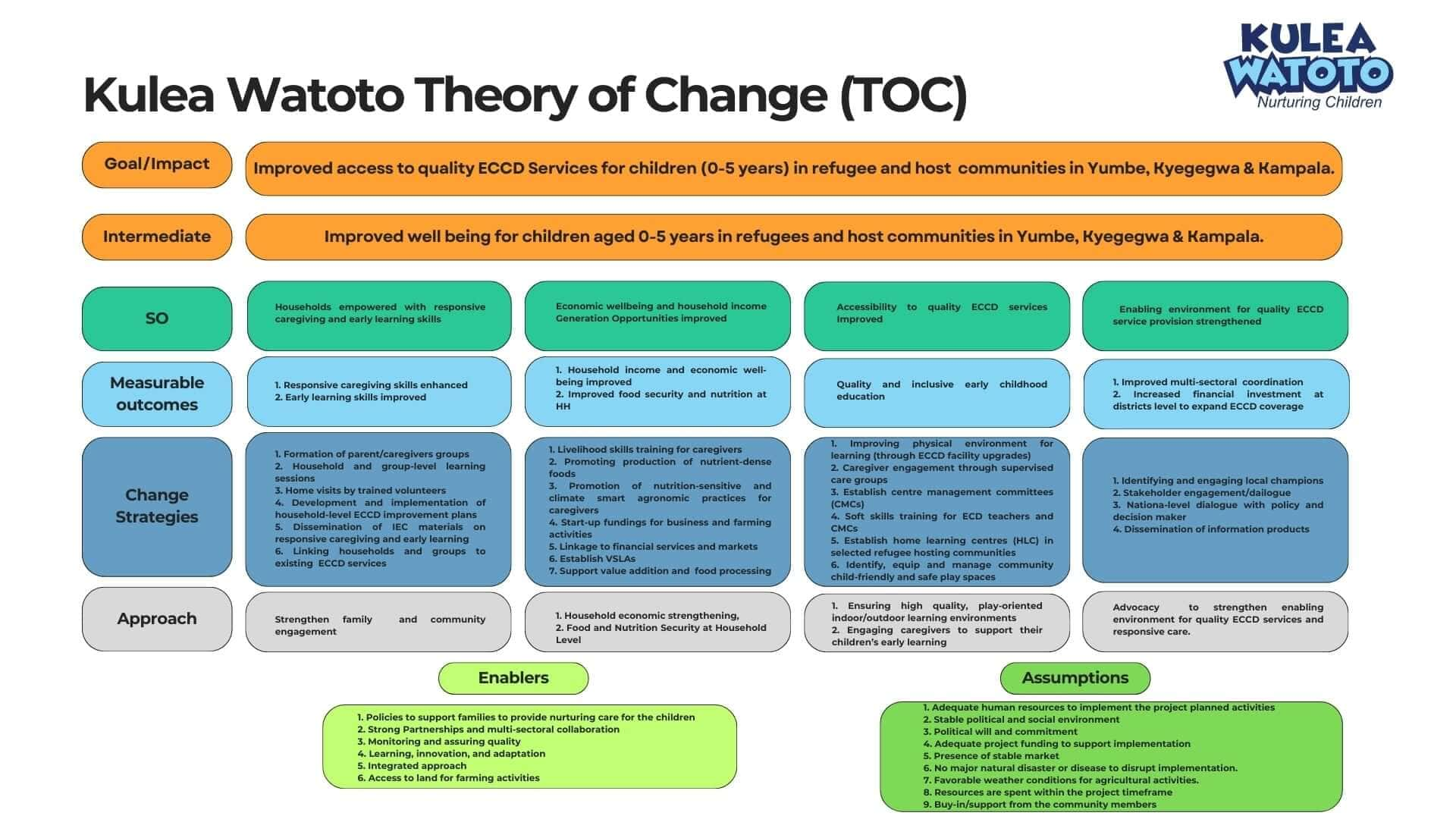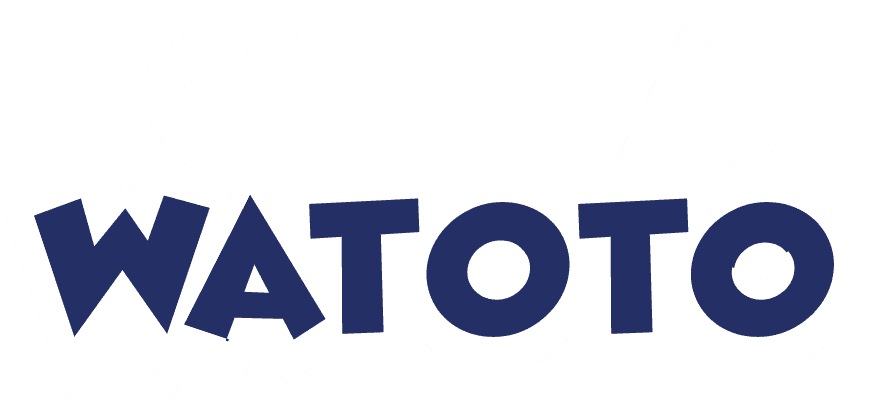
Two-Generation Approach
Two Generation Approach means interventions that seek better outcomes among children and their caregivers.
The two-generation approach is a programming framework that emphasizes providing comprehensive support and services that address the needs of both parents and children simultaneously (Child Welfare Information Gateway, 2023). This is premised on the understanding that the well-being of children and their parents is intertwined: outcomes for children are closely related to the well-being of their families and caregivers ( Shonkoff & Fisher, 2013).
By design, two-generation initiatives intentionally combine intensive, high-quality adult-focused services with intensive, high-quality child-focused programs to improve outcomes for children, primary caregivers, and families. For example, two-generation early intervention programs may simultaneously work directly with children in centre-based early education settings, may provide home visits to help parents improve caregiving interactions and knowledge about parenting and child development, and ensure the families have access to economic and social supports. In effect, two-generation initiatives promote a social-ecological approach to early childhood intervention and also explicitly target intergenerational dynamics.
Why use the 2Gen approach?
Two-generation programs vary in terms of the content of interventions, timing, intensity and duration of program involvement, in the modes used to deliver these services and the age of the children they serve. For instance, some programs target three- and four-year-olds, while others focus on children from birth until school entry, and still, others specify a broader age range, such as birth through eight years. In terms of delivery, programs employ a range of approaches, each tailored to address the specific needs and circumstances of the children and families they serve. For example, in some programs, child-focused services are delivered through home visits or in community-based centres, with centre-based programs generally providing more intensive service .
Component of two-generation ECD programs
Through intentionally combined activities and approaches, 2Gen programs, in the context of ECD programming, typically focus on:
- Promoting children’s early learning and healthy child development. This includes the provision of high-quality centre-based early care and education for children and services that promote children’s emotional well-being and physical health.
- Building parental/caregiver capacity and resilience, and protective factors within families. Interventions or support for parents/caregivers may include skills development, provision of economic and livelihood support, social assistance (e.g., cash transfers), parenting education and support, and other interventions bolster parental resilience, foster social connections, and improve access to community support.
The Kulea Watoto Theory of Change (TOC)
IF refugee and host community households are empowered with responsive caregiving and early learning skills while their economic wellbeing and household income generation opportunities are enhanced as well as improved quality and inclusiveness of early childhood education services within an enabling environment THEN , improved access to quality ECCD services will be achieved leading to overall improved school readiness, wellbeing and full potential for children aged 5 and under.


